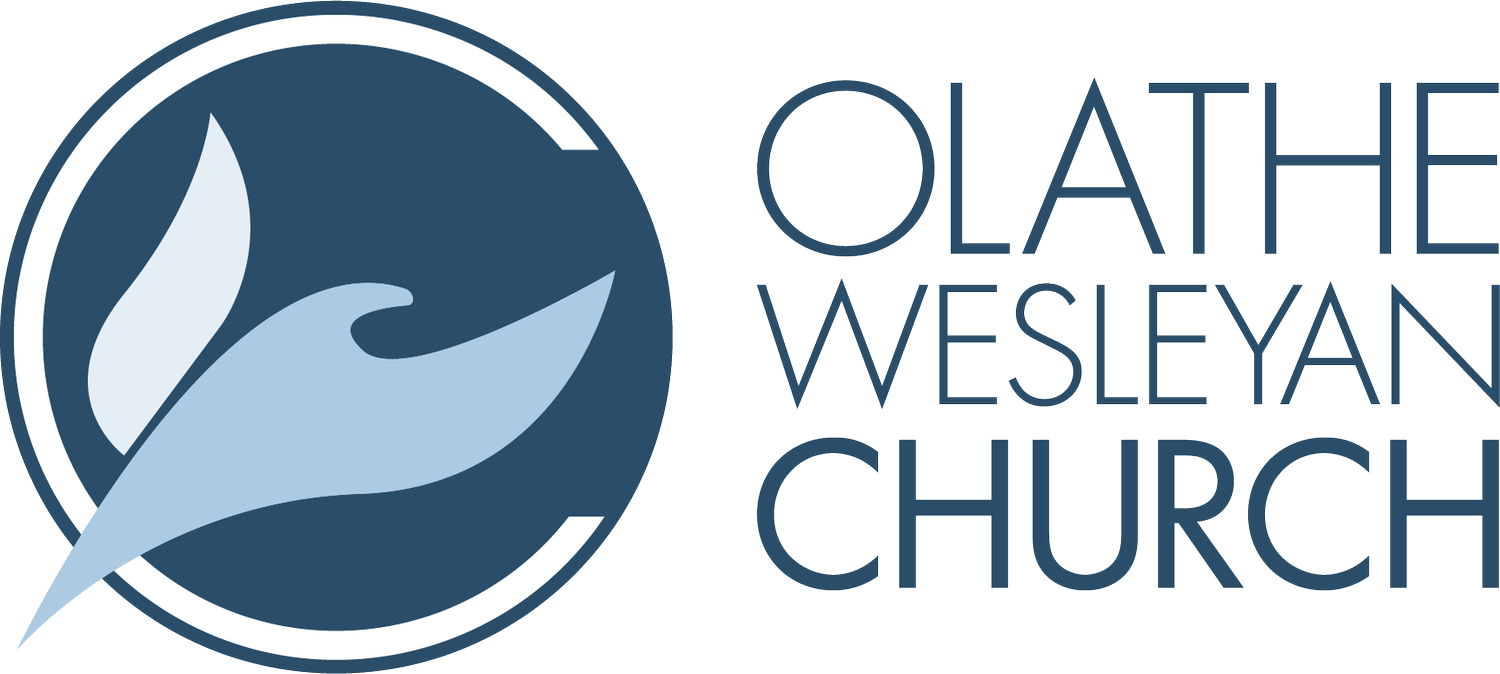Facing Opposition
In Acts 4, we find a powerful narrative about Peter and John, two of Jesus' apostles, who boldly stood before the religious leaders of their time and proclaimed the truth about Christ’s resurrection. This story is not just a tale of confrontation; it’s a lesson in courage, conviction, and the power of faith in the face of adversity. As we walk through this passage, we see how bold faith disrupts, truth challenges the status quo, and the gospel cannot be silenced.
The scene opens with Peter and John speaking to the people in the Temple courts, when suddenly they are confronted by the priests, the captain of the Temple guard, and some Sadducees. Disturbed by the apostles’ message about the resurrection through Jesus, these leaders arrest them. But even as they face imprisonment, the impact of their words is undeniable—many who heard the message believed, and the number of believers grew to about 5,000. This teaches us that bold faith never blends in; it stands out and often draws opposition because it challenges the powers that be.
The next day, Peter and John are brought before the Sanhedrin—the Jewish council made up of rulers, elders, and teachers of the law. This was an intimidating assembly that included the high priests Annas and Caiaphas, men who wielded significant religious and political power. They demand to know by what power or in whose name the apostles have been performing miracles. Peter, filled with the Holy Spirit, responds with remarkable clarity and courage, pointing them directly to Jesus. He proclaims, “He was healed by the powerful name of Jesus Christ the Nazarene, the man you crucified but whom God raised from the dead.” In that moment, Peter's response shows that silence isn’t an option when you’ve seen the truth.
As the tension builds, it’s crucial to recognize the diverse factions at play.
There were the Apostles (Peter and John), the Sanhedrin, the Sadducees, the Pharisees, the high priests, the scribes and elders, the early Christian community, and the general public. Each group had its own agenda. The religious leaders feared losing control and influence, the Sadducees rejected the doctrine of resurrection, and the Pharisees saw the rise of this new movement as a threat to their interpretation of the law. Understanding these dynamics helps us see why the message of Jesus was met with such hostility—truth has a way of unsettling those who benefit from maintaining the status quo.
The council, amazed at the boldness of Peter and John, recognizes that they are ordinary men without formal religious training. Yet, they are also aware that these men had been with Jesus. Seeing the man who was healed standing right before them, the council has no rebuttal. But their concern shifts from the truth of the message to controlling its spread. They warn the apostles never to speak or teach in the name of Jesus again. But Peter and John’s reply is simple: “Do you think God wants us to obey you rather than him? We cannot stop telling about everything we have seen and heard.” Their response is a powerful reminder that when truth speaks, opposition shakes.
The root causes of this opposition are complex but worth dissecting. It was not merely a matter of theological debate. The leaders felt their authority was challenged, feared losing their influence, and were concerned about potential political repercussions with Rome. Additionally, jealousy and a desire to suppress a movement that was gaining popularity played a part. When we understand the fears and motivations driving opposition, we gain clarity and strength to stand firm.
After being released, Peter and John return to the community of believers and share everything that happened. Instead of reacting in fear, the believers respond with prayer. They ask God for greater boldness, not for protection from persecution. Their prayer is not for safety but for strength, not for ease but for empowerment. And the result? The meeting place shakes, they are filled with the Holy Spirit, and they continue to preach the word of God with even more courage. This illustrates a vital principle: when faced with opposition, we don’t shrink back — we press forward with even greater resolve.
If we desire a life free from conflict or opposition, the path is simple: stay silent, uphold the status quo, avoid confronting power, turn a blind eye to injustice, and stand by as evil prevails. But that’s not the life Peter, John, or any follower of Christ is called to. We are called to speak truth, to live boldly, and to stand firm even when it costs us. As Elbert Hubbard once said, “The only way to avoid criticism is to do nothing, say nothing, and be nothing.”
The story of Peter and John reminds us that true discipleship is not about avoiding opposition, but about embracing it when it comes. Their example challenges us today to be bold in our faith, to speak truth in love, and to trust that God is with us in every trial.
When we stand firm in Him, we will see lives transformed, communities shaken, and God’s kingdom advance.

